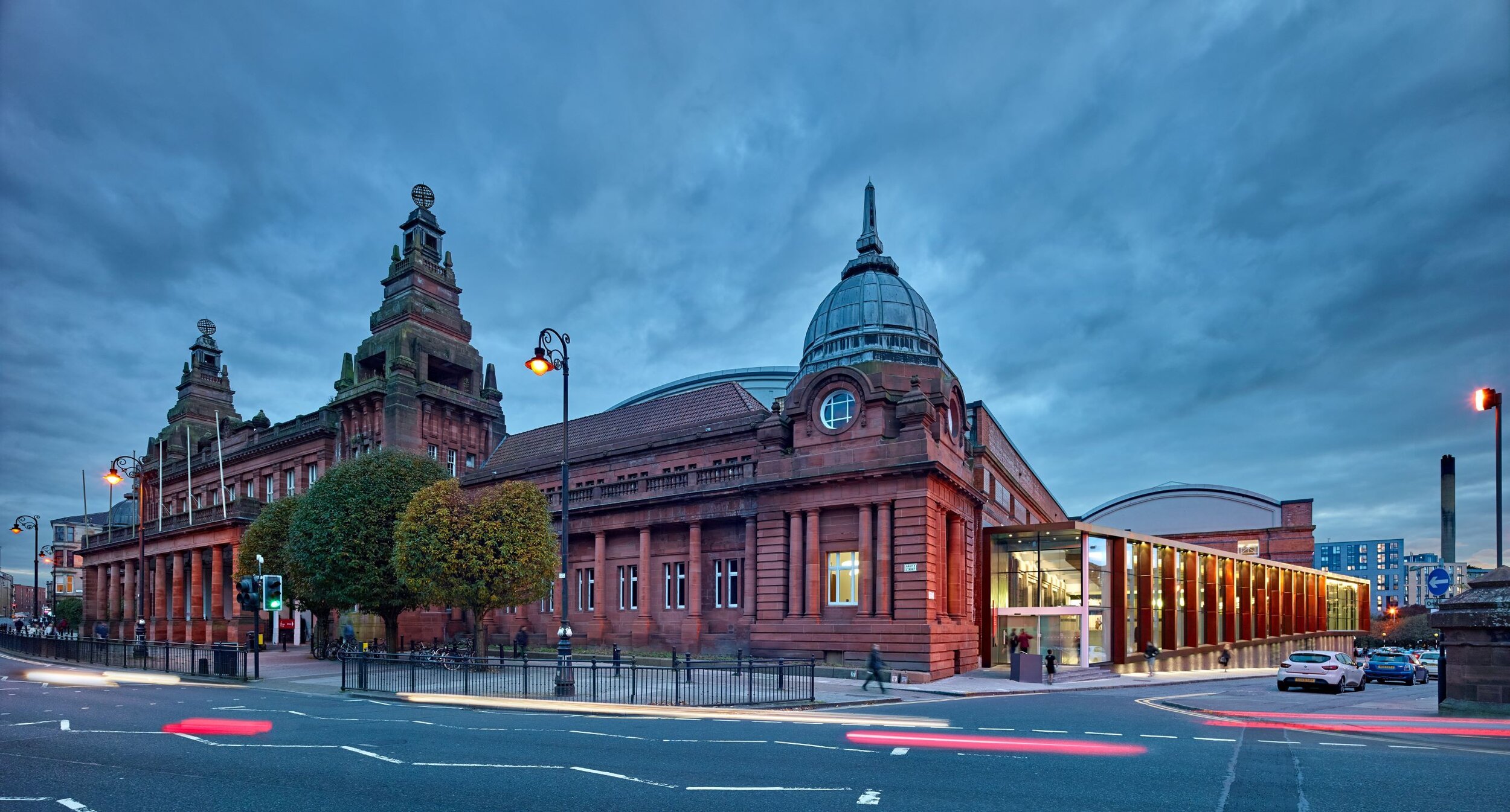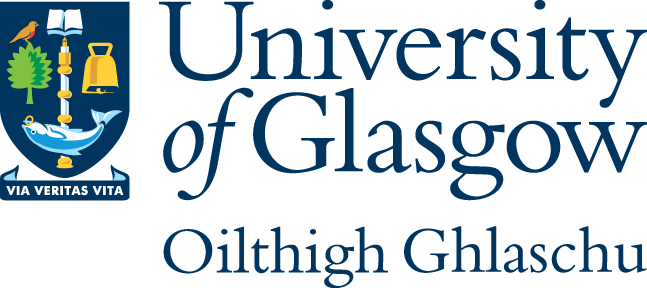
CARVING OUT NEW SPACES FOR MINORITY LANGUAGES IN URBAN SPACE: A PILOT STUDY OF THE DYNAMICS OF LANGUAGE USE.
This pilot research project, funded by the British Academy, considers the relationship between Gaelic and space amongst Gaelic speakers in Glasgow.
The primary aim of the study has been to investigate the places within Glasgow which Gaelic speakers identify as spaces to speak and use Gaelic or significant to their relationship with the language in order to understand the social, physical, and emotional circumstances which influence Gaelic speakers’ language practices within Glasgow.
In this research, a small group of Gaelic speakers of varying ages, speaking proficiencies, and social backgrounds have participated in semi-structured interviews and used a GIS tracker to record their own movements within the city across a five-day period.
The data from this initial phase has revealed recurring themes, such as the significant impact of Gaelic medium education on language learning and usage in the city and the divergent language practices between new and native speakers. These findings correlate with similar findings from previous studies based on both Gaelic speakers and speakers of other minoritized languages across Europe. In addition, this study has identified issues which further our understanding on the difficulties and cases for optimism which Gaelic speakers experience when learning and speaking Gaelic within Glasgow and new avenues for further research.
The data for this project was gathered during the winter of 2020-21 and during a period of drastically reduced mobility because of the restrictions imposed to tackle the spread of the CORONA virus in the UK. The team was able to record how the pandemic affected the language practices of this group of Gaelic speakers during a uniquely challenging period.
Image © Andrew Lee
